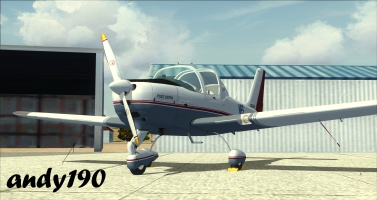|
The Battle of France was the successful German invasion of France and the Low Countries, beginning on 10 May 1940, which ended the Phony War*.
The battle consisted of two main operations. In the first, Fall Gelb (Case Yellow), German armoured units pushed through the Ardennes, to cut off and surround the Allied units that had advanced into Belgium.
During the fighting, the British Expeditionary Force (BEF) and many French soldiers were evacuated from Dunkirk in Operation Dynamo.
In the second operation, Fall Rot (Case Red), executed from 5 June, German forces outflanked the Maginot Line and pushed deep into France.
Italy declared war on France on 10 June and soon afterwards the French government fled to Bordeaux.
France's capital of Paris was occupied on 14 June. On 17 June, Philippe Pétain publicly announced France would ask for an armistice.
On 22 June, an armistice was signed between France and Germany, going into effect on 25 June. For the Axis Powers, the campaign was a spectacular victory.
Following the Battle of France, France was divided into a German occupation zone in the north and west, a small Italian occupation zone in the southeast, and an unoccupied zone, the zone libre, in the south.
A rump state, Vichy France, administered all three zones according to the terms laid out in the armistice. In November 1942, the Axis forces also occupied the zone libre, and metropolitan France remained under Axis occupation until after the Allied landings in 1944.
The Low Countries remained under German occupation until 1944 and 1945.
The Phoney War was a phase early in World War II that was marked by a lack of major military operations by the Western Allies against the German Reich.
*The phase was in the months following Britain and France's declaration of war on Germany (shortly after the German invasion of Poland) in September 1939 and preceding the Battle of France in May 1940.
War was declared by each side, but no Western power had committed to launching a significant land offensive, notwithstanding the terms of the Anglo-Polish military alliance and the Franco-Polish military alliance, which obliged the United Kingdom and France to assist Poland.
Contemporaneously, the period had also been referred to as the Twilight War (by Winston Churchill), der Sitzkrieg ("the sitting war": a play on Blitzkrieg), the Bore War (a play on the Boer War), dziwna wojna ("strange war"), and drôle de guerre ("strange/funny war").
 Intel Core i5-2310 CPU @ 2.90GHz, 6GB RAM, AMD Radeon HD 6450, Windows 7 Professional 64 bit, Logitech Extreme 3D Pro
 IP Logged IP Logged
|